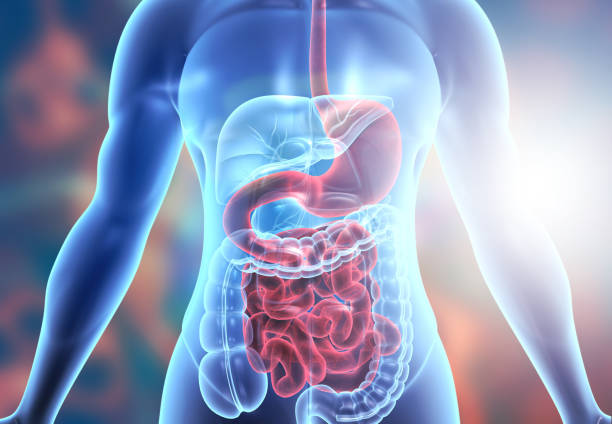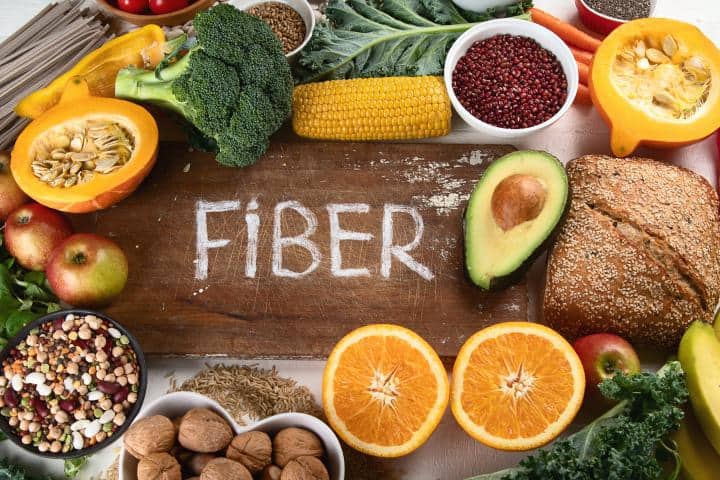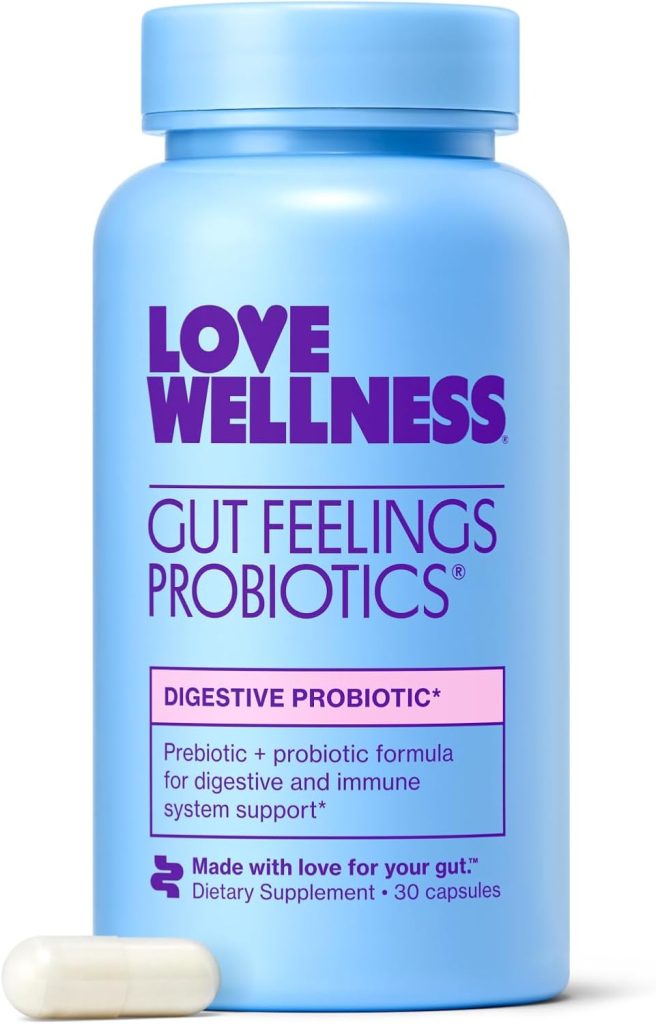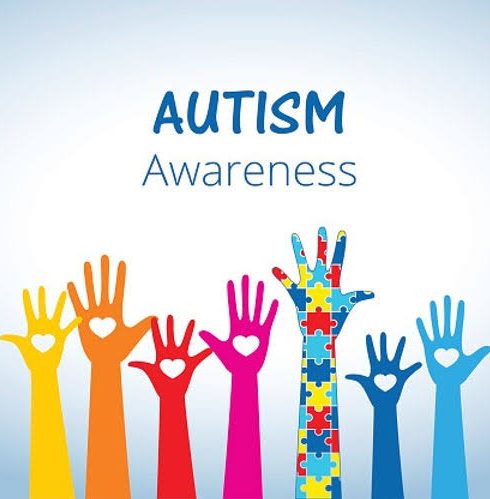Gut Check: Easy Steps to Improve Digestive Wellness
Your gut is more than just a food processor; yes, that’s right. It is the cornerstone of your overall well-being. From fueling your energy to enhancing your immunity and even lifting your mood, a healthy digestive system works wonders for your body. Yet, with the hustle and bustle of daily life, it’s easy to overlook how your habits impact your digestive health.
Do you feel bloated, sluggish, or uncomfortable after meals? That’s just your gut’s way of signalling for help.
Our health guide will explore practical and effective ways to achieve better digestive health so you can feel lighter, healthier, and more energised every day. Let’s help you take the first step towards a happier, healthier you, starting with your gut.

Human body digestive system anatomy. 3d illustration
Prioritise A Fiber-Rich Diet
Fiber is your digestive system’s best friend. It helps regulate bowel movements, prevent constipation, and maintain a healthy gut. There are two types of fiber. Soluble fiber, found in oats, apples, and legumes, softens stool and promotes gut bacteria. Insoluble fiber, found in whole grains, nuts, and vegetables, adds bulk and keeps food moving through the digestive tract.
Gradually increase your fiber intake to prevent bloating or discomfort. Aim for at least 25–30 grams of fiber daily.

Stay Hydrated
Water plays a crucial role in digestion. It helps dissolve nutrients, making them easier for your body to absorb, softens stool, and prevents constipation. Dehydration can slow digestion, leading to discomfort and other issues. Aim to drink at least eight glasses of water daily and eat water-rich foods like cucumbers, watermelon, and oranges.

Portrait of a sporty man drinking water
Incorporate Probiotics And Prebiotics
Your gut is home to trillions of bacteria that influence digestion and overall health. Probiotics (good bacteria) and prebiotics (food for good bacteria) are essential for a balanced gut microbiome.
Yoghurt, kefir, sauerkraut, and kimchi are excellent sources of probiotics, while bananas, garlic, onions, and asparagus are sources of prebiotics.
A healthy gut microbiome can improve nutrient absorption, reduce bloating, and even boost immunity.

Practice Mindful Eating
The pace at which you eat matters. Eating too quickly can lead to overeating, indigestion, and bloating. Mindful eating encourages you to slow down and truly savour your meals, giving your body time to signal fullness.

Cheerful afro american woman eating fresh vegetable salad at home.
Reduce Stress And Stay Active
Stress and inactivity can wreak havoc on your digestive system. Chronic stress triggers the release of hormones that slow digestion, while a sedentary lifestyle can contribute to constipation.
Practice relaxation techniques like deep breathing, yoga, or meditation.
Take short walks after meals to stimulate digestion.

Incorporate regular exercise into your routine to keep your digestive system active and efficient. Your digestive system is central to your overall health; nurturing it doesn’t require complex solutions. Small, consistent changes can lead to long-term benefits, helping you feel lighter, more energetic, and ready to take on the day.






